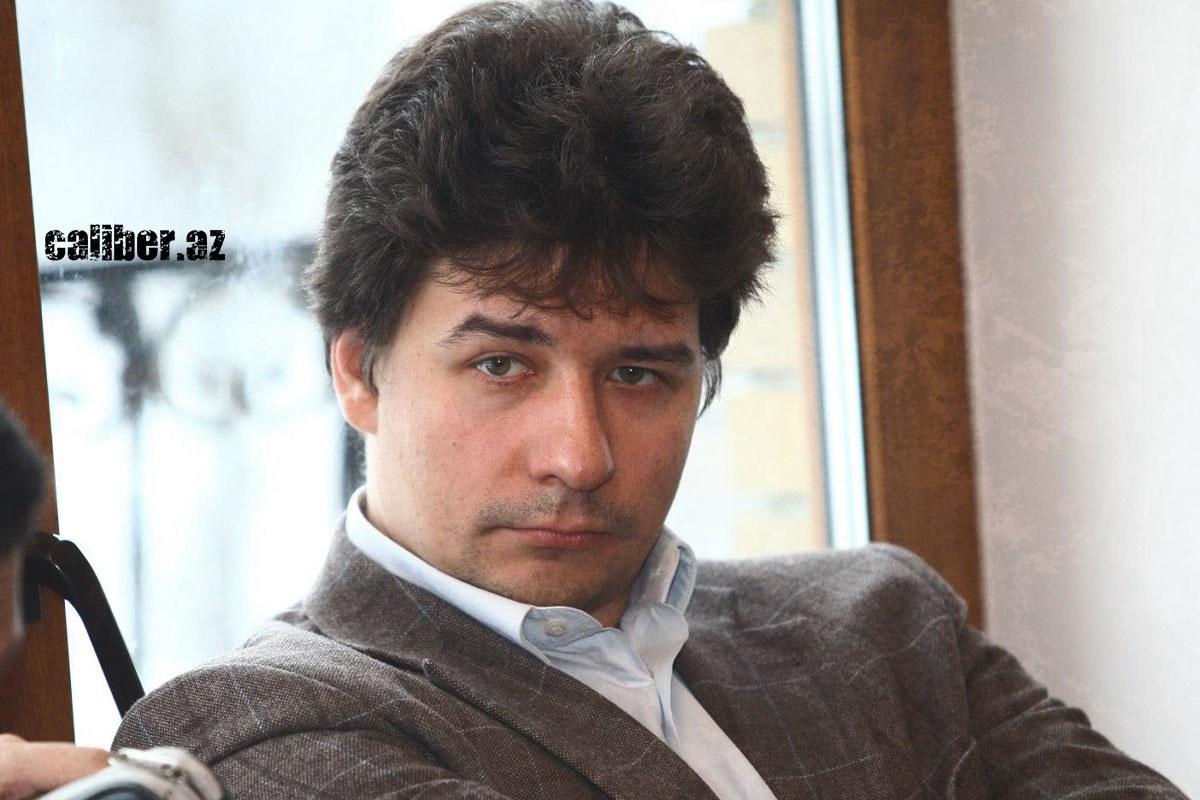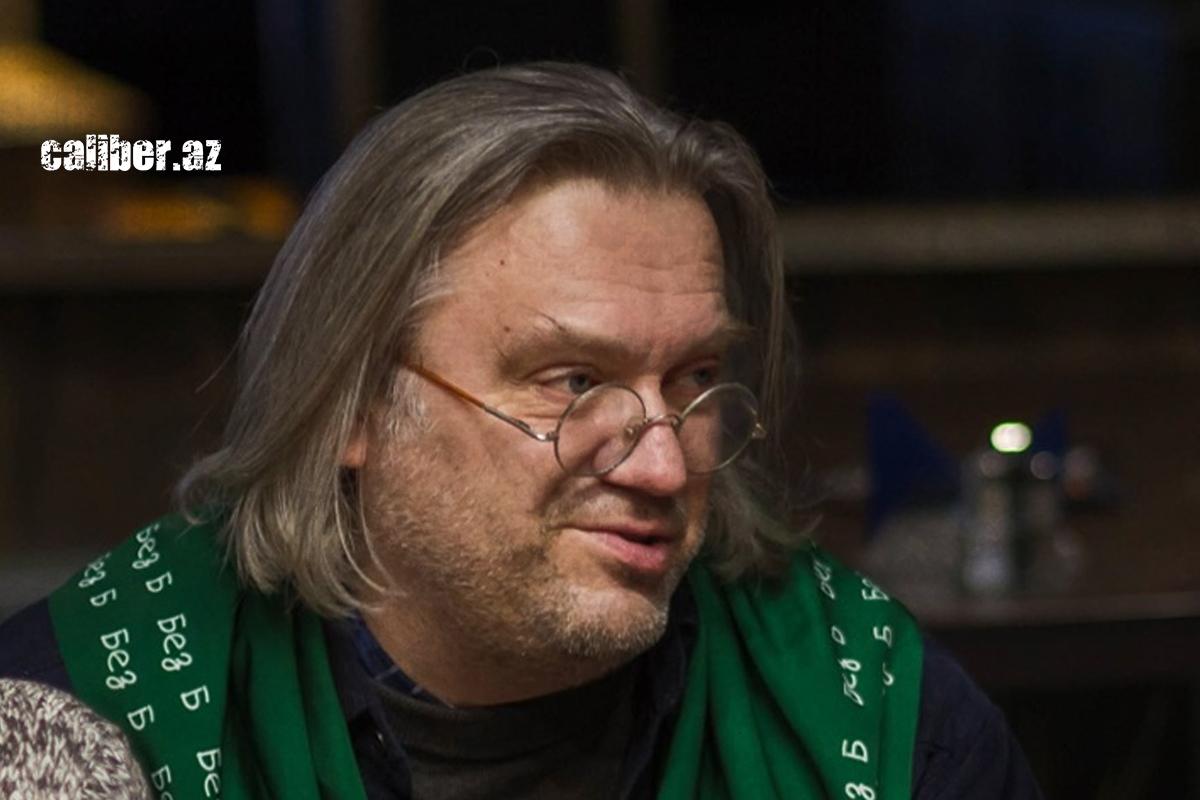"Likehood of new war between Azerbaijan and Armenia remains high" Caliber.Az interview with experts
Recently the Armenian side has been actively promoting the thesis of a possible war. Of course, by accusing Azerbaijan of its preparation. Armenian media attracts "talking heads", who have lost any connection with reality and began to argue that Azerbaijan is allegedly pushed to military action by Russia, to back up their delusional idea. However, we know that every hypothesis, even the most absurd one, has its own author and, accordingly, its instigator.
Caliber.Az asked Russian expert on the South Caucasus Konstantin Tasits and analyst of the Russian Institute of the New Society Andrey Koryakovtsev to explain the reason for the Armenian side's suspicions and what is behind them.

According to Tasits, there is anxiety in the Armenian society that Azerbaijan may resolve the remaining controversies between the sides by military means due to its advantage. As for the version that Moscow is allegedly behind this, the Russian expert noted that it looks like unfounded allegations, not supported by any facts: "The relations between Russia and Azerbaijan are strategic and allied, just like Russia's relations with Armenia. Azerbaijan is an independent and sovereign state. Baku acts independently, based on its own interests."
At the same time, K.Tasits believes that a military clash between Azerbaijan and Armenia can never be ruled out: "So far the truce is unstable. Periodic attacks taking place. However, the presence of Russian peacekeepers is an important stabilizing factor, which prevents local skirmishes from turning into a major armed escalation."
Our interlocutor further added that Russia is interested in the peaceful resolution of all existing contradictions, which would suit both the Armenian and Azerbaijani sides since both Yerevan and Baku are Moscow's allies and close partners.
Tasits also stressed that both Baku and Yerevan state that despite serious obstacles there are positive developments in the negotiations, especially in the opening of communications: "If the leadership of Armenia and Azerbaijan maintain the political will to establish a peaceful life, at some point tangible progress will be possible."

Meanwhile, Andrey Koryakovtsev believes that for Armenia the Karabakh issue is a tool of self-justification against the nationalist forces in the country and against the West: "Besides, it is also (indirectly) a way of expressing anti-Russian sentiments, because it is clear that for Russia any military aggravation in the South Caucasus now, with the special military operation in Ukraine, is undesirable, and therefore the emphasis on the Karabakh issue is rightly perceived as a neglect of the state interests. At the same time, it should be understood that the Karabakh problem in itself is used by political forces as a means exclusively for their own needs. And Russia's interest is to keep the balance of power in the region. The Russian leadership has not been seen making irrational decisions in recent years, rather, the measures taken have been distinguished by a concern for the interests of their country."
Koryakovtsev has no doubt that provoking a military conflict in the South Caucasus is what Russia's enemies would want, but not Russia itself: "On the contrary, Russia is trying to prevent outside interference in the internal affairs of the South Caucasus states. This means that it wants to take into account the interests of all sides as far as possible, and the interest of the people in the first place is to live in peace. Maintaining peace in the region in the context of the special operation in Ukraine is a strategic goal for Russia. Therefore, it is logical to conclude that the forces provoking new military clashes in the region pursue goals that contradict not only the interests of Russia but, most importantly, the interests of their own states.
Nevertheless, the possibility of a new military conflict between Armenia and Azerbaijan remains high, Koryakovtsev believes: "But it is theoretical. In practice, everything is complicated and impossible to predetermine. However, such clashes in the near future, I think, are unlikely. Otherwise, the Caspian Forum simply would not have gathered. It is obvious that the representatives of the states have a common base for talking and a prospect for compromises".
When asked in whose interests Russia acts in South Caucasus, Koryakvtsev said that it is necessary to understand the interest of Russia itself: "And it is in the security of its southern borders. This can only be achieved by maintaining a balance of power and taking into account the interests of all the peoples inhabiting the region."








